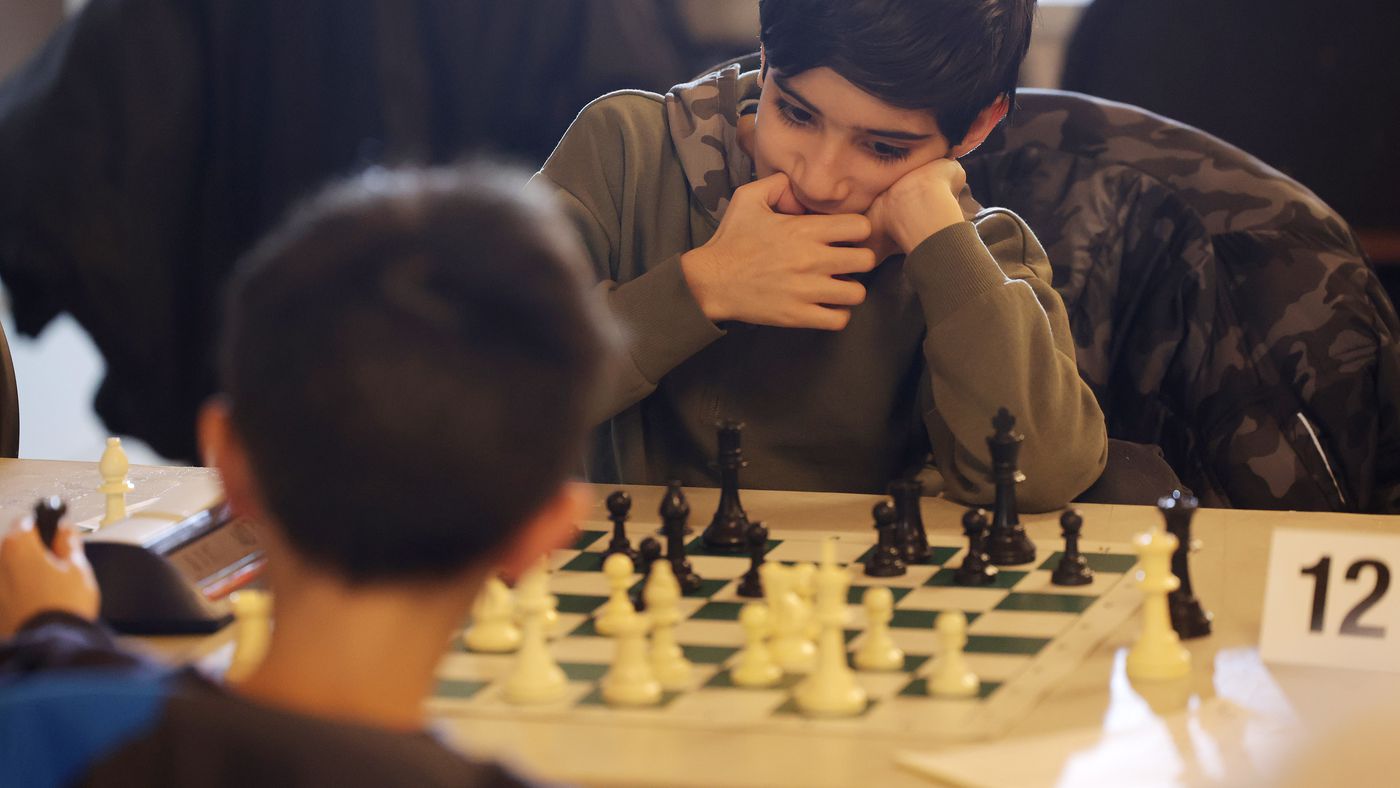Chess Psychology – Outsmarting Your Opponent on the Mental Battlefield
Outsmarting your opponent in chess involves a deep understanding of the psychological aspects of the game, a skill that goes beyond memorizing openings and mastering tactical maneuvers. One key element is the art of misdirection. By creating subtle threats and forcing your opponent to focus on one area of the board, you can divert their attention from your true intentions. This psychological sleight of hand can lead them down a path of miscalculations and errors, ultimately working to your advantage. Another vital aspect of chess psychology is the ability to control the tempo of the game. By setting the pace and dictating the rhythm, you force your opponent to adapt to your style. Rapid moves can create a sense of urgency, pressuring them to make hasty decisions, while slower, deliberate play can induce impatience and mistakes. Understanding your opponent’s temperament is crucial; some may thrive in chaotic positions, while others may crumble under pressure. Tailoring your strategy to exploit their psychological vulnerabilities can give you a significant edge.

Moreover, the psychological impact of sacrifices cannot be understated. Sacrificing material, be it a pawn or a piece, can sow doubt and uncertainty in your opponent’s mind. This strategic gambit challenges their confidence, prompting them to question their understanding of the position. The fear of falling into a trap may cause them to play defensively, allowing you to seize the initiative. However, it is essential to calculate such sacrifices meticulously to ensure they are not merely blunders. Chess psychology also involves reading your opponent’s intentions and predicting their moves. Anticipating their strategy allows you to preemptively counter their plans, putting them on the defensive. This requires not only a deep knowledge of the game but also an acute awareness of your opponent’s playing style and patterns. Subtle cues in their body language or the time spent on specific moves can offer valuable insights into their mindset.
Furthermore, maintaining a calm and composed demeanor is a psychological weapon in itself. Projecting confidence can create doubt in your opponent’s mind, making them question their own decisions. Conversely, remaining unfazed in the face of adversity demonstrates resilience, making it harder for your opponent to exploit any perceived weaknesses. In conclusion, mastering chess psychology is a multifaceted endeavor that involves a combination of misdirection, tempo control, sacrifices, anticipation, and maintaining a strong mental chess lessons for beginners presence. By outsmarting your opponent on the mental battlefield, you not only gain a strategic advantage but also create an environment where psychological pressure becomes a powerful tool in your quest for victory. In the intricate dance of minds over the chessboard, the player who best understands and manipulates the psychological dynamics often emerges triumphant.
Outsmarting your opponent in chess involves a deep understanding of the psychological aspects of the game, a skill that goes beyond memorizing openings and mastering tactical maneuvers. One key element is the art of misdirection. By creating subtle threats and forcing your opponent to focus on one area of the board, you can divert their…
Recent Posts
- Path to Success Begins with Performance Marketing Expertise
- Exploring the Dark Web’s Potential for Secure Digital Transactions
- Postgraduate Study, Mental Health and Prioritizing Well-Being
- White Borneo Kratom – A Beginner’s Guide to This Powerful Strain
- Hidden Wiki and the Deep Web – An Overview of its Dark Content

